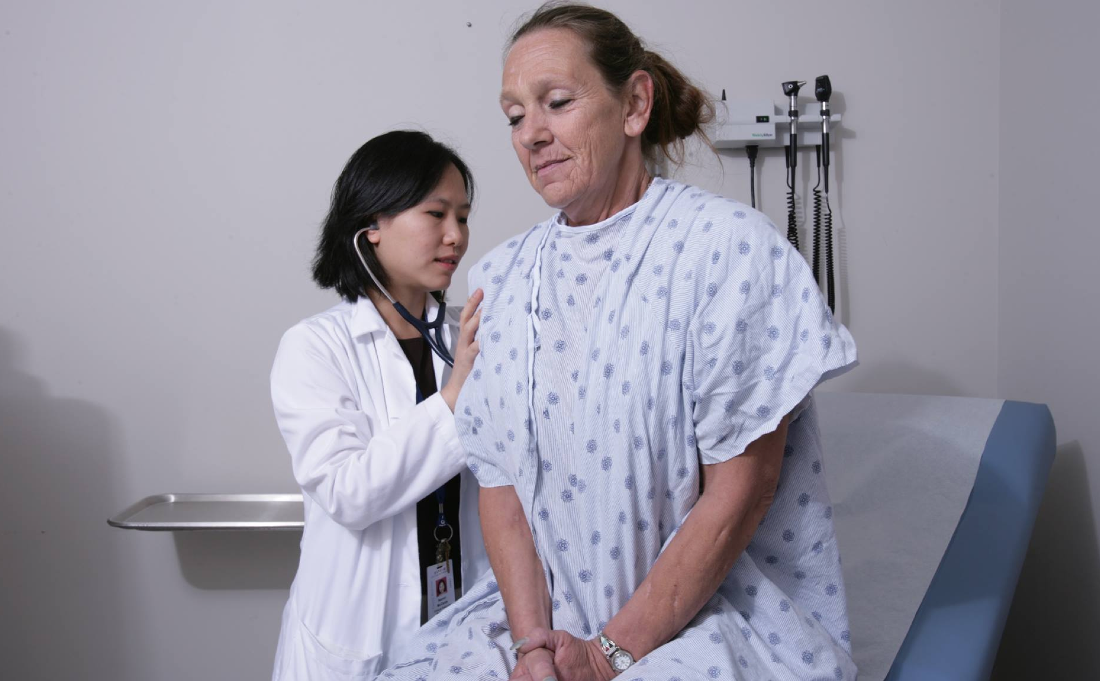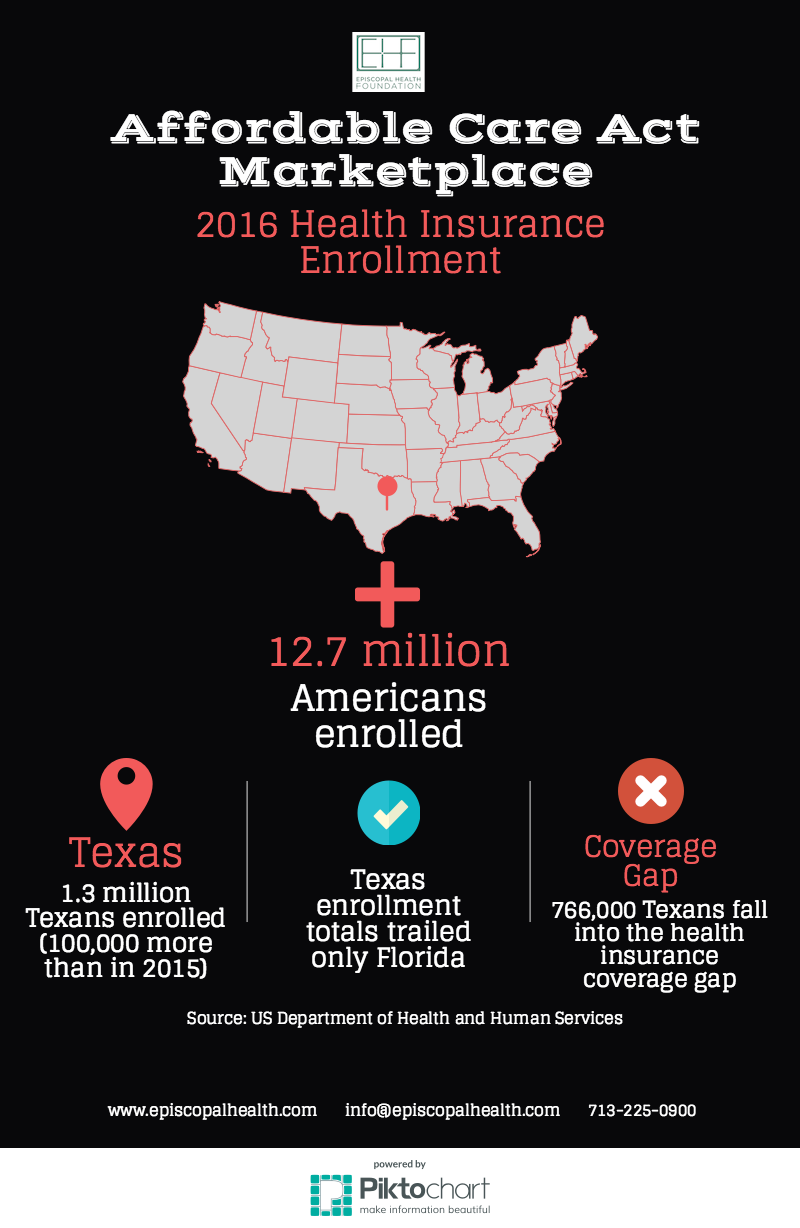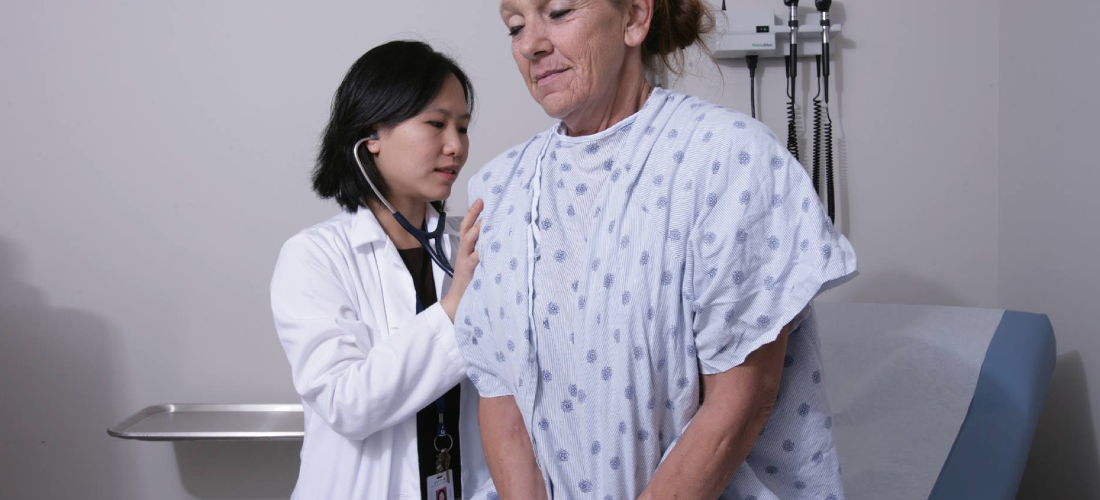
The numbers are in:
- 12.7 million Americans enrolled in Affordable Care Act Marketplace health insurance plans for 2016
- 1.3 million Texans enrolled — making up 10% of the total national enrollment
- Texas enrollment totals trailed only Florida (1.7 million enrollees)
- During the last week of the open enrollment process, Texas experienced the second fastest growth rate at 11%, second to Nevada’s 12%
Here’s the good news — the enrollment numbers from the US Department of Health and Human Services show 100,000 more Texans signed up for ACA Marketplace health insurance plans in 2016 than one year ago. Given that Texas has more uninsured adults than any other state, this increase is an encouraging development. The high number of ACA signups may reflect the broader awareness about the importance of getting health coverage among uninsured Texans. The persistent efforts made by groups like Enroll America, Young Invincibles, community organizations, and individual health insurance brokers across the state seem to be paying off. It’s clear that various print and social media campaigns also had an effect in Texas.
Texans in big and small cities enrolled in impressive numbers. Dallas-Fort Worth (382,669 sign-ups) and Houston (346,822 sign-ups) came in third and fourth among big cities nationally and make up more than half (56%) of all Texas enrollees.
Eight of the 10 most-active areas in sign-ups during the last week were in Texas: Corpus Christi, Harlingen, Laredo, El Paso, Odessa-Midland, San Antonio, Abilene and Lubbock.

While the numbers show Texas is doing better, much more needs to be done to make sure all Texans have access to affordable health services. A recent Kaiser Family Foundation study shows 766,000 Texans currently fall into a coverage gap — they earn too much to qualify for Medicaid assistance, but not enough to get federal subsidies offered under the ACA Marketplace. This coverage gap exists because unlike 32 other states, Texas refuses to expand Medicaid. In fact, Texans make up one-quarter of the population nationwide stuck in this coverage gap.
This group of Texans remains outside the reach of the ACA and continues to have limited options to purchase affordable health insurance plans. While many in the coverage gap have jobs, most don’t have access to employer-based coverage. They don’t earn enough money to buy coverage on their own. Given the sheer size of this group, Texas leaders who reject Medicaid expansion should offer other solutions to address the needs of Texans who fall into the coverage gap.
Finally, we should keep in mind that ACA sign-ups are a very important first step in expanding health care access for millions of Texans. But this is not the end game. The critical next step is ensuring that these newly-insured adults become informed and engaged health care consumers. Their ability to access appropriate health services where they live is equally important as getting them health insurance coverage. The organizations that worked so hard to help people get coverage should now help the newly insured use their health plans.
